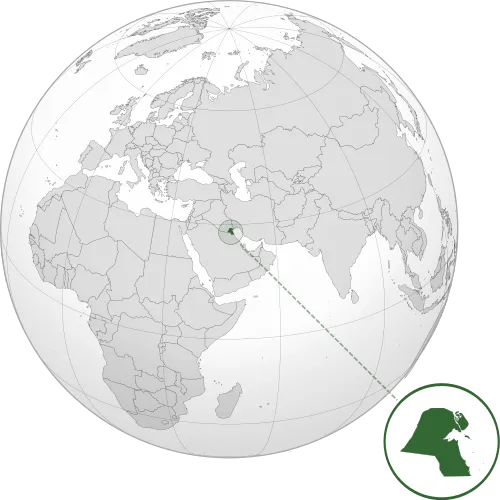
Georgia's Soviet Occupation Day: Remembering the Red Army Invasion of 1921
The tiny yet resilient nation of Georgia observes a poignant day of remembrance each year on February 25th—Soviet Occupation Day. This day commemorates the invasion of Georgia by the Red Army in 1921, an event that significantly shaped the course of the nation’s history and its struggle for independence.
Historical Context
The early 20th century was a tumultuous time for Georgia. After nearly two centuries of Russian Empire dominance, the country briefly gained independence following the Russian Revolution of 1917. However, this newfound freedom was short-lived as the Bolshevik regime sought to expand its control over the South Caucasus. On February 25, 1921, the Red Army began its assault on the capital city of Tbilisi, marking the start of a brutal occupation.
The Invasion and Its Aftermath
The invasion was marked by violence and upheaval. Despite the Georgian government's attempts to resist, the Red Army's superior numbers and military strategy proved too powerful. By March 17, 1921, Georgia was officially annexed into the Soviet Union, leading to decades of repressive rule that stifled national identity and independence aspirations.
The impact of this occupation was far-reaching. Georgia was subjected to extensive economic and social transformations, including forced collectivization and suppression of dissent. Many Georgians were deported, imprisoned, or executed during Stalin's purges, particularly targeting those who resisted Soviet authority.
Significance of Soviet Occupation Day
Soviet Occupation Day is not just a remembrance of past injustices; it serves as a reminder of the resilience and determination of the Georgian people. By commemorating this day, Georgians reinforce their commitment to preserving their sovereignty and cultural identity. It is an opportunity to educate younger generations about the importance of independence and the sacrifices made to achieve it.
Commemoration Activities
Each year, various events are organized across the country to honor the victims of the Soviet occupation. These activities include:
- Documents and Remembrance Exhibitions in museums featuring photographs, personal stories, and artifacts from the era.
- Solemn ceremonies at memorial sites dedicated to those who perished during the invasion and subsequent occupations.
- Speeches by historians, political leaders, and survivors discussing the implications of the occupation on modern Georgia.
- State-sponsored programs promoting national history and culture to cultivate a sense of pride and awareness among citizens.
The Road to Independence
The struggle for independence culminated in the dissolution of the Soviet Union in 1991. Georgia declared its independence on April 9, 1991, marking a significant turning point in its history. However, the effects of the Soviet occupation lingered, influencing Georgia's political landscape and its relationships with neighboring countries.
Conclusion
Georgia's Soviet Occupation Day serves as a stark reminder of a critical moment in the nation's turbulent history. Commemorating this day is essential not only to honor those who suffered but also to empower current and future generations to uphold the values of freedom, sovereignty, and national pride. As Georgia continues to navigate its post-Soviet identity, the lessons learned from the past remain vital in shaping its path forward.



